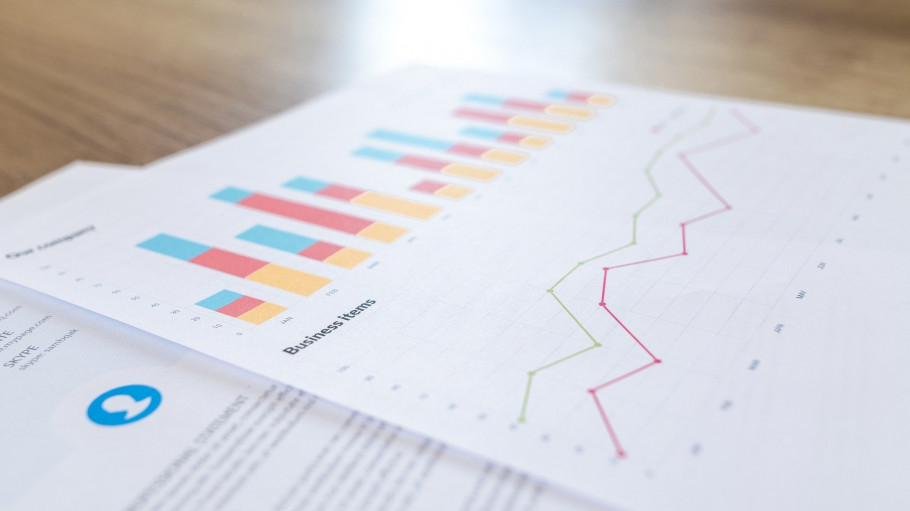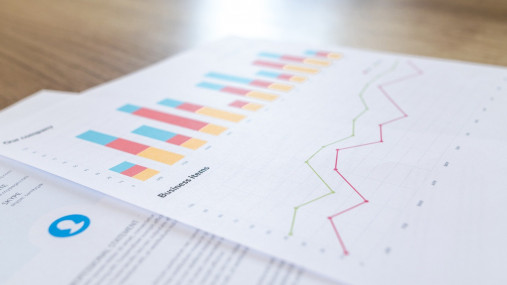
Press releases » Early data for 2021 show continued recovery growth in EU steel market
Early data for 2021 show continued recovery growth in EU steel market
Downloads and links
Recent updates

Brussels, 16 August 2021 – EU28 apparent steel consumption increased (+3.6%) year-on-year in the fourth quarter of 2020, that was the first quarterly growth since the fourth quarter of 2019, and so it did in the first quarter of 2021 (+0.9%). Apparent steel consumption in the first quarter amounted to 36.3 million tonnes. These are further signs of recovery from the depths of the economic shock caused by the COVID-19 pandemic.
“Although the general economic recovery in the EU appears to be uneven and exposed to risks, the recovery in steel-using industries and in steel demand should continue through 2021.”, said Axel Eggert, Director General of the European Steel Association (EUROFER). “This is being driven by the stronger-than-expected recovery of industrial sectors, whose output is recovering the losses experienced during the pandemic.”.
Mirroring the improvement in demand, domestic deliveries in the EU in the first quarter of 2021 increased (+1%, after the growth of +4.6% recorded in the fourth quarter of 2020).
Data for the first quarter also showed the continued downturn in imports from third countries compared to apparent consumption. After the record drop (-25.4%) in the third quarter of 2020, imports from third countries dropped – albeit less severely - also in the fourth quarter of 2020, (-5.4%) and in the first quarter of 2021 (-2.5%), that is the nineth consecutive quarterly drop.
The loosening of COVID measures over the third quarter of 2020 allowed industrial activity to restart, with a considerable rebound in output compared to the record lows seen in the preceding quarter, which continued – at an even faster rate – over the fourth quarter of 2020 and up to the first quarter of 2021, driven by a faster-than-expected recovery in output in some sectors (domestic appliances and automotive in particular).
This has happened despite considerable problems in the global supply chain, particularly for the automotive sector (rising transportation costs, rising fuel costs, shortage of components etc). Steel-using sectors’ output growth over the fourth quarter was still negative (-1.4%), i.e. the fifth consecutive quarterly drop, but at a much lower rate than the third quarter (-6.8%).
This paved the way for a stronger acceleration in industrial recovery over the first quarter of 2021, despite persistent economic uncertainty due the ongoing pandemic across the EU. As a result, steel-using sectors’ output grew (+2.6%) in the first quarter of 2021, that was the first quarterly increase since the third quarter of 2019.
The industry in the EU has recovered the output loss experienced during the pandemic, but activity remains exposed to fragility and risks, due to persistent uncertainty around vaccination plans and ongoing consequences of the pandemic.
Contact
Charles de Lusignan, Spokesperson and Head of Communications, +32 2 738 79 35, (charles@eurofer.be)
About the European Steel Association (EUROFER)
EUROFER AISBL is located in Brussels and was founded in 1976. It represents the entirety of steel production in the European Union. EUROFER members are steel companies and national steel federations throughout the EU. The major steel companies and national steel federation of Turkey and the United Kingdom are associate members.
The European Steel Association is recorded in the EU transparency register: 93038071152-83.
About the European steel industry
The European steel industry is a world leader in innovation and environmental sustainability. It has a turnover of around €170 billion and directly employs 330,000 highly-skilled people, producing on average 160 million tonnes of steel per year. More than 500 steel production sites across 22 EU Member States provide direct and indirect employment to millions more European citizens. Closely integrated with Europe’s manufacturing and construction industries, steel is the backbone for development, growth and employment in Europe.
Steel is the most versatile industrial material in the world. The thousands of different grades and types of steel developed by the industry make the modern world possible. Steel is 100% recyclable and therefore is a fundamental part of the circular economy. As a basic engineering material, steel is also an essential factor in the development and deployment of innovative, CO2-mitigating technologies, improving resource efficiency and fostering sustainable development in Europe.

Download files or visit links related to this content
Brussels, 20 February 2026 – EU steel exports to the United States fell by 30% in the second half of 2025 compared to the same period in 2024, after the imposition of 50% tariffs according to new Eurostat data. The expansion of the U.S. tariff regime to include downstream steel-intensive products, such as machinery and equipment, is expected to amplify its impact on both EU steel producers and their customers. The European Steel Association (EUROFER) said the figures underscore the need for any EU-US trade agreement to be fair, balanced and enforceable.
Joint Industry Statement
Brussels, 11 February 2026 - The European Steel Association (EUROFER) has backed a call to action adopted by European companies and industries in Antwerp today, which includes a demand on the EU to take urgent action to bring electricity prices down as a condition for Europe’s industrial drive, competitiveness and economic resilience.